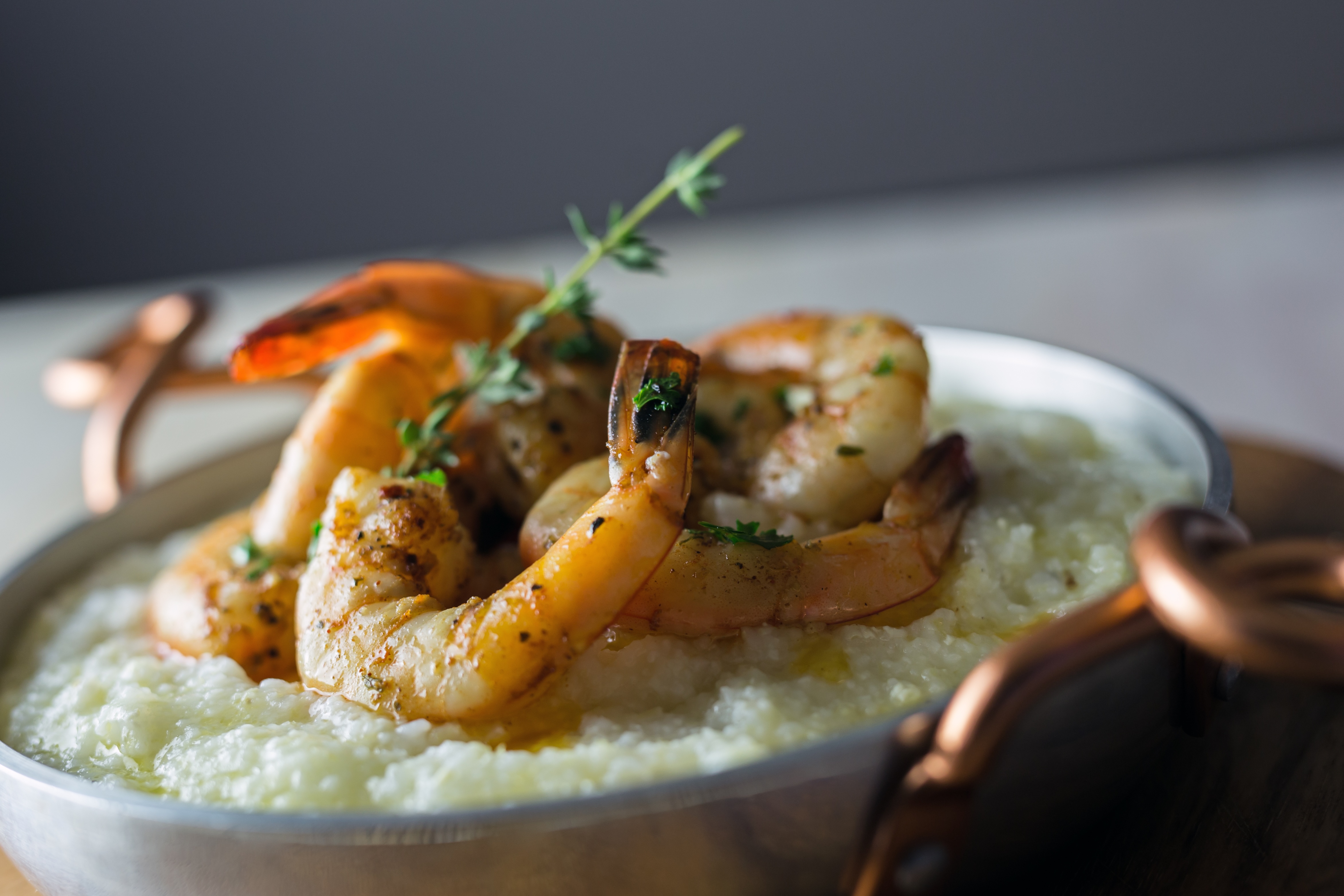6 Ways to Get Started with an Anti-inflammatory Lifestyle
It's no secret that inflammation is at the root of many chronic illnesses. But what exactly is inflammation? In short, it's the body's response to injury or infection. The inflammatory response is a natural reaction that helps protect us from harm. However, when the body is constantly in a state of inflammation, it can lead to serious health problems. The goal is to have your body in healthy inflammation. This occurs when your body responds to an injury or infection in the way it's supposed to, resulting in a timely and effective healing process. That's why it's so important to adopt an anti-inflammatory lifestyle. It is now more important than ever to adopt an anti-inflammatory lifestyle. Poor diet, stress, environmental toxins and sedentary living have all contributed to the rampant inflammation that is crippling our society today.
But where do you start? Here are some simple tips to get you started on an anti-inflammatory lifestyle:
1. Eat more anti-inflammatory foods.
If you're looking to reduce inflammation, you might want to take a closer look at your diet. Eating certain foods can help to reduce inflammation throughout the body, and that can lead to a host of benefits. Focus your diet on fresh, whole foods that are naturally rich in anti-inflammatory nutrients like omega-3 fatty acids, vitamin C and E, selenium and fiber. Good choices include: wild-caught fish, leafy green vegetables, berries, nuts and seeds. Some of the benefits of eating anti-inflammatory foods also include a reduced risks of heart disease, arthritis, and diabetes. In addition, these foods can also help to improve brain function and protect against Alzheimer’s disease. So if you’re looking for ways to improve your health, it’s worth considering adding some anti-inflammatory foods to your diet.
2. Avoid pro-inflammatory foods.
Refined sugar, processed meats, trans fats, fried foods and vegetable oils. These foods promote inflammation in the body and should be avoided as much as possible. There's no need to give up your favorite foods in order to avoid pro-inflammatory foods. Just make sure to eat them in moderation and balance them out with anti-inflammatory foods. For example, if you love pizza, pair it with a spinach salad; or, if you can't resist french fries, have them with a grilled chicken breast. By following this simple strategy, you'll be able to enjoy all of your favorite foods without having to worry about the negative effect they might have on your body.
3. Get regular exercise.
Exercise is a powerful anti-inflammatory tool that can help reduce chronic inflammation throughout the body. Although exercise is one of the best ways to reduce inflammation, all exercises are equally effective. High-intensity interval training, for example, has been shown to lower levels of inflammatory markers in the body. Other good options include moderate-intensity aerobic exercise and resistance training. Mind-body exercises like yoga and Tai Chi are also thought to be beneficial, due to their ability to promote relaxation and reduce stress. So if you're looking to fight inflammation, there's no need to join a boxing gym or sign up for a marathon. Just choose an exercise that you enjoy and stick with it.
4. Reduce stress.
Chronic stress can lead to inflammation, so it’s important to find ways to reduce stress in your life. This may include yoga, meditation, deep breathing exercises or simply taking some time each day to relax and unwind. Another good way to reduce stress is to learn how to manage your time effectively. If you're constantly feeling rushed and overwhelmed, it's time to take a step back and assess your priorities. Make a list of the things that are most important to you and start working on one thing at a time. You'll be surprised how much better you feel when you're not trying to do everything at once. Finally, don't forget to take some time for yourself every day. This can be something as simple as taking a relaxing bath or reading your favorite book. Taking some time out for yourself will help you recharge and be better equipped to deal with whatever life throws your way. So next time you're feeling stressed out, remember that there are things you can do to fight back against inflammation. Just make sure to take some time for yourself and get moving!
5. Limit your exposure to toxins.
We are bombarded with toxins on a daily basis, so it’s important to limit your exposure as much as possible. For example, when buying cosmetics, look for products that are free of phthalates, parabens, and other potentially harmful ingredients. When choosing cleaning products, opt for natural options that don't contain harsh chemicals. And when it comes to food, support farmers who use sustainable practices and avoid foods that have been treated with pesticides or other toxic substances. Aim for BPA-free plastic containers and water bottles and try to use glass over plastic. By taking these simple steps, you can help to reduce your exposure to toxins and live a healthier life. Did you know that there are good toxins? You can take in good toxins to combat bad ones. One of the good toxins is quercetin which is found in apples and onions and has been shown to help with both acute and chronic inflammation. So next time you're feeling under the weather, reach for an apple.
6. Get enough sleep.
Sleep is vital for overall health and well-being, and it can also help reduce inflammation. When our bodies are dealing with inflammation, they produce more of the stress hormone cortisol. High levels of cortisol can make it difficult to fall asleep and stay asleep, leading to restless nights and exhausted mornings. Additionally, inflammation can cause pain and discomfort, making it even harder to find a comfortable position and catch some zzz's. To combat inflammation, try to stick to a regular sleep schedule, practice some relaxation techniques before bed, and create a calm and comfortable sleep environment. So if you're looking to reduce inflammation and live an anti-inflammatory lifestyle, make sure to get plenty of rest. Following these simple tips can help you get started on an anti-inflammatory lifestyle that will promote superior health and wellness.







